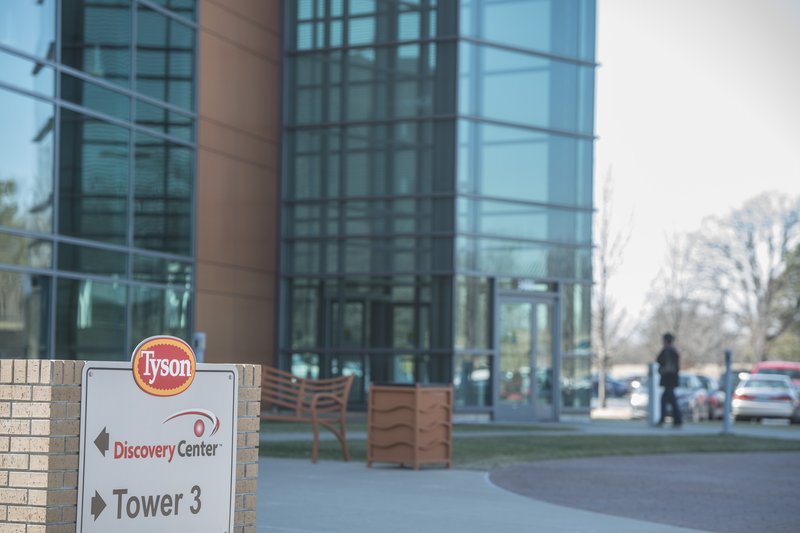Tyson Foods Inc. said Friday that it has agreed to buy a 40% stake in the foods division of Grupo Vibra, a Brazilian poultry company, as part of its global growth strategy.
Terms of the deal were not disclosed. The transaction is subject to approval by Brazilian regulators.
Once completed, the deal will give Tyson access to poultry in Brazil for the country's customers and potential access to markets in Asia, Europe and the Middle East, Donnie King, group president of Tyson's international business and chief administration officer, said in a statement Friday.
"It's part of our strategy to develop a more flexible supply chain and mitigate the volatility of our previous model, which relied primarily on U.S. exports," King said.
In the past year, Tyson has expanded its global reach with the acquisitions of a few poultry-processing plants in the United Kingdom and Thailand, as well as Keystone Foods, a large supplier for McDonald's with operations across Asia and in Australia.
Grupo Vibra, a poultry processor in Montenegro, services the Brazilian market and more than 50 other countries, the company said. Its operations include hatcheries, laboratories, farms, feed factories and slaughterhouses. The packer relies on 18 production sites, more than 4,000 workers and about 700 farmers.
Executives on Friday presented the deal as a win-win for both companies.
"Tyson will add know-how and new business opportunities to speed up our growth," said Gerson Luis Muller, chief executive officer of Grupo Vibra, in a statement. "This partnership will be important to further develop our businesses in Brazil and foreign markets, granting access to new technologies and investments."
As part of the agreement, Grupo Vibra will spin off its genetics multiplication business, Agrogen, into a separate company, Tyson said.
Motivation for the deal came from corporate estimates that almost 98% of protein consumption growth will come outside the U.S.
"That's why we're growing our business," King said in a statement. "As the world population continues to grow, Tyson will grow with it."
The Springdale company said it generates about $7 billion in international sales annually, including $5 billion in U.S. exports and about $2 billion in in-country revenue.
Alan Ellstrand, associate dean of the Walton College of Business at the University of Arkansas, said the deal appears to be much broader than first expected. Tyson is trying to meet the growing needs of markets in the Middle East with Grupo, which has a foothold in Dubai.
"They are looking at it in more of a strategic way," he said. "I think they see this as an opportunity to really expand their international supply chain."
The deal would be Tyson's first investment in Brazil since 2008, when it acquired three poultry plants there. Years later, Tyson sold the plants to competitor Pilgrim's Pride in 2014, so it could focus on acquiring Hillshire Brands.
"Whether it all pans out, we'll have to wait and see," Ellstrand said.
Tyson shares rose $1.32, or 1.4%, to close Friday at $93.04 on the New York Stock Exchange.
Business on 08/31/2019
